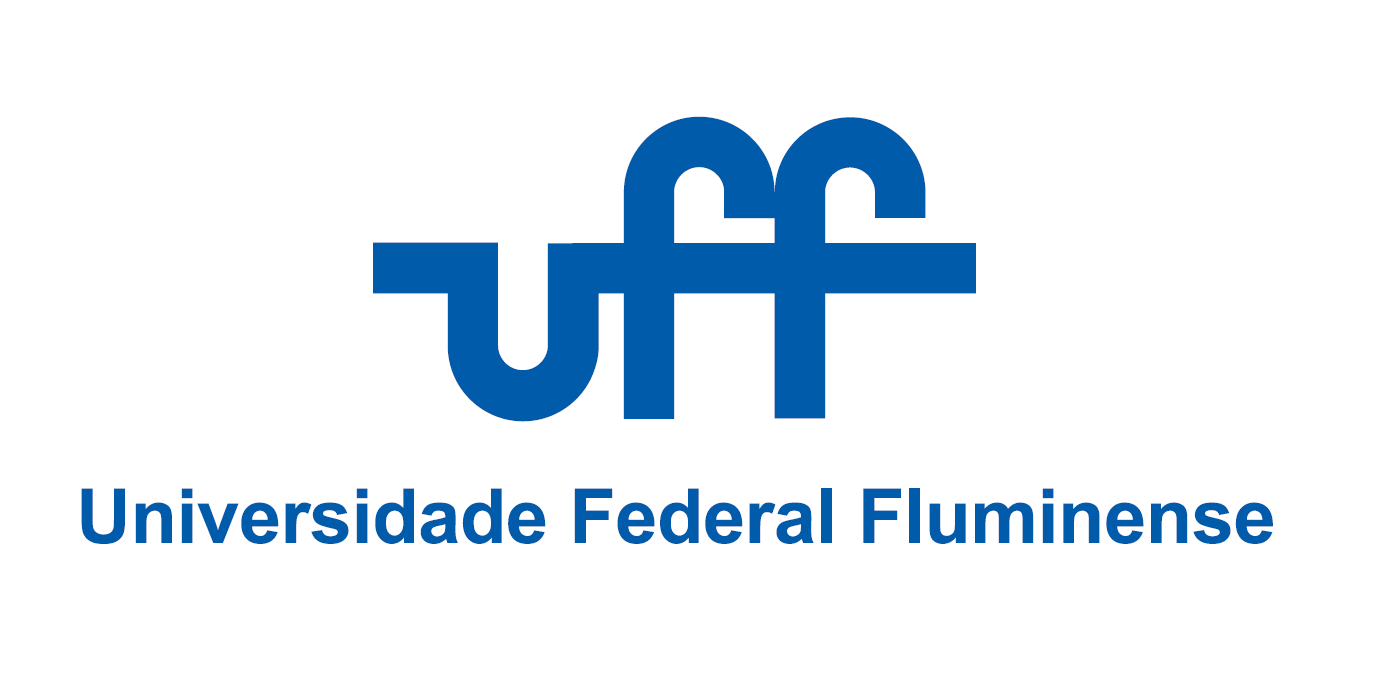Master of ceremonies
Maria Grullon
Opening speech by the Honorary Presidency
Pascale Lefrançois (Dean of the Faculty of Education)
Opening of the colloquium and presentation of the organizing committee
Francisco Loiola
Speech by the president of the scientific committee
Marc Durand
Julia San Martin
A Casual Stroll through (& around) the Worlds of Enaction
Sebastjan Vörös
Opening conference
Enactive quantum physics : Cognitive QBism (Quantum Bayesianism)
Michel Bitbol
Debate and closure
Break (1 hour)
Welcome of participants and presentation of speakers
Maria Grullon - Master of ceremonies
Enaction design: a relational engineering project
Olivier Gapenne
Interests and limits of real-time self-explanation for documenting the athlete's experience: the case of a study on quantified running
Matthieu Quidu and Brice Favier-Ambrosini
Debate and closure

















